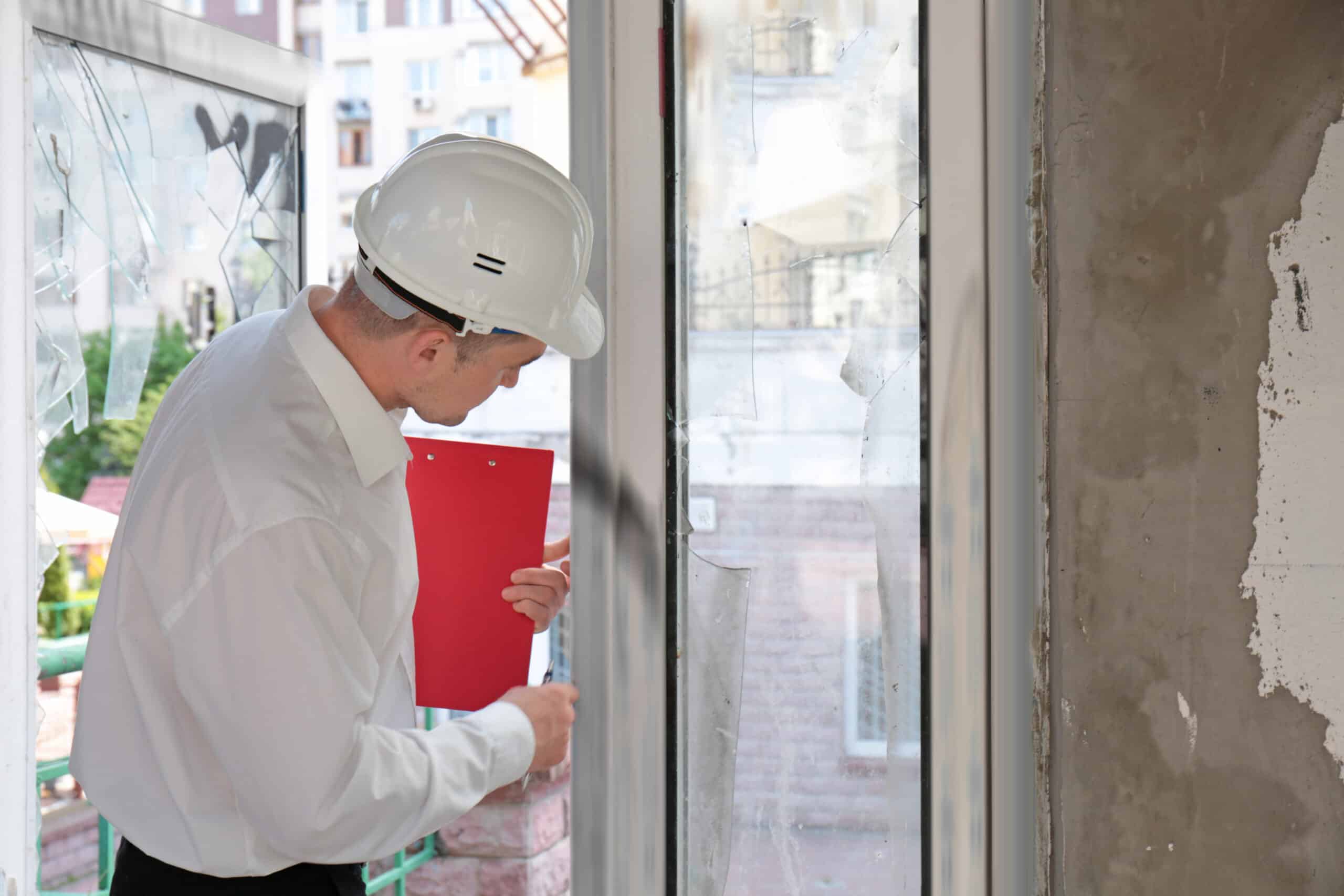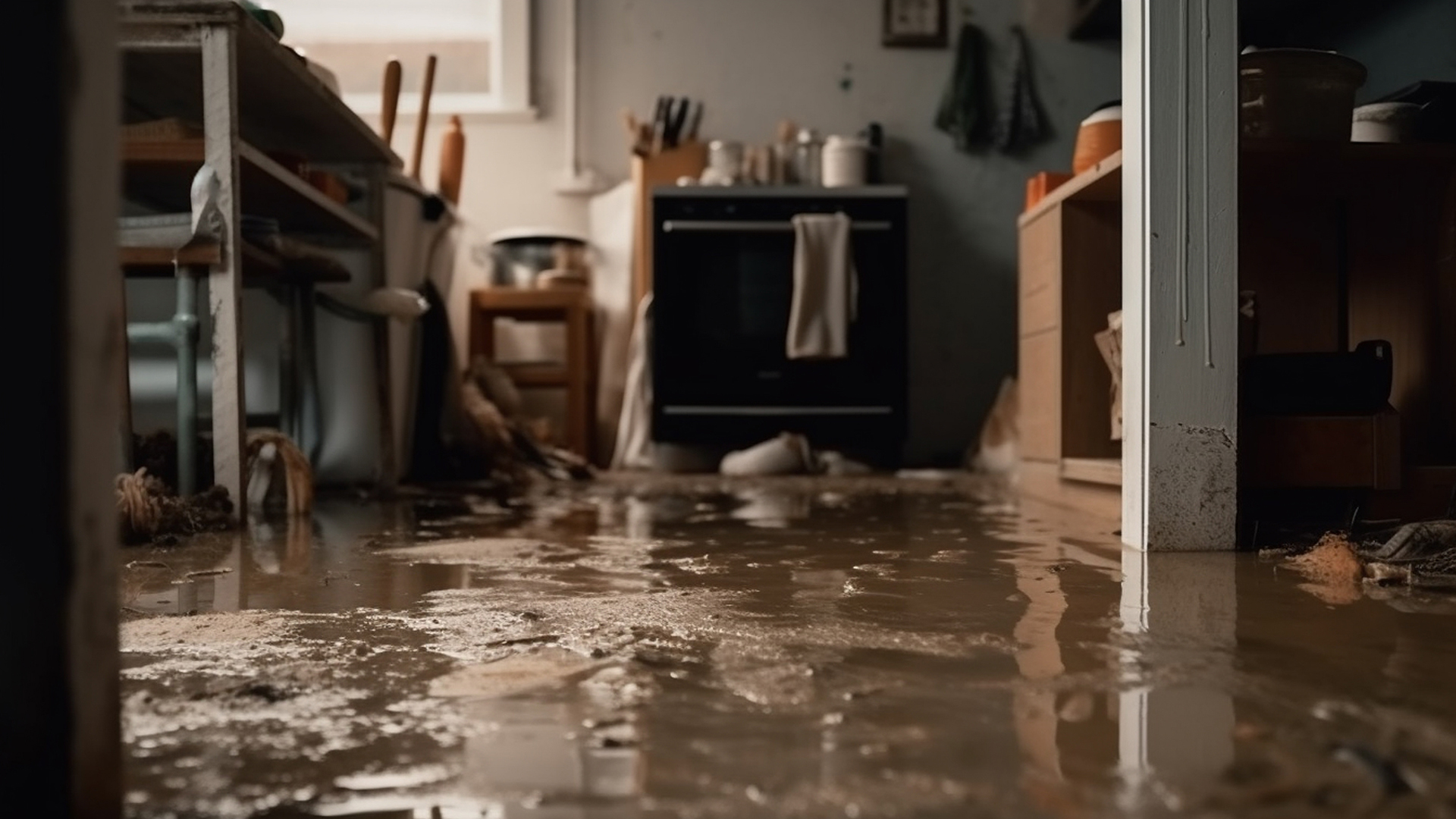Are you looking to become a Florida claims adjuster? How to become an insurance adjuster in Florida, United States? What are the training requirements and steps to get started? Look no further! This article will walk you through becoming a claims adjuster and provide valuable information about the necessary training.
To become a claims adjuster, you must complete pre-exam education, such as a study guide or a state-approved pre-licensing course. Consider a pre-licensing approach with an exam exemption, allowing you to qualify for the license immediately.
Once you’ve finished the coursework, you must pass the Florida insurance adjuster license exam.
Read on to learn more about how you can become a claims adjuster and embark on a rewarding career.
Education and Degree Requirements
To become a claims adjuster in Florida, you must meet specific education and degree requirements. While a high school diploma is the minimum requirement, having a college degree can give you a competitive edge in the insurance industry.
Many insurance companies prefer to hire adjusters with a college degree because it demonstrates a higher level of knowledge and commitment to the industry. However, it’s important to note that a college degree is not always mandatory, and many adjusters have found success without one.
Additionally, there are different types of adjusters, such as staff adjusters who work directly for insurance companies and independent adjusters who work freelance.
If you’re wondering how to obtain a Florida insurance adjuster license + requirements and process, all claims adjusters in Florida must meet specific criteria. This includes completing pre-licensing education, passing the state exam (unless exempt), and submitting an application and background check. Additionally, those licensed in another state may need a reciprocal license to work in Florida.
Licensing and Certification Process
To become a licensed claims adjuster in Florida, you must complete the licensing and certification process. This process involves several steps, including passing the licensing exam and submitting the license application.
Here are three essential aspects of the licensing and certification process:
- Education Requirement: You must fulfill the pre-exam education requirement before taking the licensing exam. You can do this by completing a state-approved pre-licensing course or using a study guide.
- Licensing Exam: The licensing exam is crucial to obtaining an insurance adjuster license. It consists of 100 questions, and a 70% or higher passing score is required. The exam can be taken through Pearson VUE or by purchasing a commercial insurance adjuster course that includes it.
- License Application: Once you have passed the exam, you must submit the license application to the Florida Department of Financial Services Bureau of Licensing. The application fee is $55; additional requirements may apply depending on whether you’re a resident or non-resident adjuster.
Essential Skills and Qualities
Develop the necessary skills and qualities to excel as a claims adjuster in Florida.
As an adjuster, you’ll work with insurance carriers, independent insurance adjusters, and public adjusters to assess and process claims, especially in natural disasters or catastrophes.
Strong communication skills are crucial in this role, as you’ll interact with various stakeholders throughout the claims process.
Additionally, industry experience and knowledge of the claims process will give you an advantage in this rewarding career.
Effectively negotiating and providing outstanding customer service to policyholders is also essential.
Gaining Practical Experience
Gaining practical experience as a claims adjuster involves actively participating in real-life claims assessments and processing. To achieve this experience, you can:
- Seek employment as a field adjuster: Working in the field allows you to handle property claims firsthand and interact with policyholders and other professionals in the industry. This hands-on experience is invaluable in developing your skills as an insurance adjuster.
- Follow application instructions for licensing: Each state has its licensing requirements, so it’s essential to carefully follow the application instructions provided by your state’s Department of Insurance. This may include submitting documentation, passing background checks, and paying applicable fees.
- Obtain a valid driver’s license: Many insurance adjusters travel extensively to different claim locations, so having a valid driver’s license is often a requirement for this profession.
Continuing Education and Training
You can continue professional development as a claims adjuster by actively participating in ongoing training and education opportunities.
There are various types of insurance adjusters, each requiring specific knowledge and skills. Updating industry trends and regulations can enhance your expertise and job performance.
Many insurance companies offer continuing education programs that can be completed online. These courses cover claims handling techniques, policy interpretation, and the legal aspects of insurance.
Additionally, attending workshops and seminars can provide valuable networking opportunities and allow you to learn from industry experts. Investing in your education and training helps you stay competitive and may lead to higher earning potential, better job prospects, and access to benefits such as health insurance.
Suppose you’re curious about the duration and salary information for insurance adjusters in Florida. In that case, the time it takes to become an adjuster varies, but completing pre-licensing courses and passing the state exam can take weeks to months. The average salary for insurance adjusters in Florida depends on experience and specialization, with entry-level adjusters earning around $40,000 annually. At the same time, experienced professionals can make $70,000 or more, with independent adjusters potentially earning even higher based on commission and workload.
Remember to stay informed about licensing fees, application processes, and any required paperwork, as these may vary depending on your state and the type of license you hold.
Advancement Opportunities and Career Path
As an insurance claims adjuster, you’ll often have opportunities to learn and grow continually in your career. Here are three potential paths for advancement and career development:
- Specialization: As you gain experience in the field, you can choose to specialize in a specific area of claims adjusting, such as property damage, bodily injury, or workers’ compensation. Becoming an expert in a particular field can increase your value to employers and earn you higher salaries.
- Leadership Roles: With time and experience, you can move into leadership positions within your organization. This could include roles such as team lead, supervisor, or manager. These positions allow you to oversee a team of adjusters and contribute to strategic decision-making.
- Professional Designations: Pursuing professional designations, such as the Chartered Property Casualty Underwriter (CPCU) or the Associate in Claims (AIC), can enhance your knowledge and credibility in the industry. These designations demonstrate a commitment to ongoing learning and can open doors to new opportunities.
Frequently Asked Questions
How Much Does the Florida Claims Adjuster License Exam Cost?
The Florida insurance adjuster license exam costs $44 per attempt.
What Is the Process for Fingerprinting and Background Checks for Insurance Adjuster Applicants in Florida?
To complete the fingerprinting and background check process for Florida insurance adjuster applicants, you must provide fingerprints through IdentoGO. The fee for fingerprinting is $50.75.
How Long Does It Typically Take for the Florida Department of Insurance to Review a License Application?
The Florida Department of Insurance typically reviews license applications in a few days. Based on the background check results, they may request additional information. You will receive an email with the results, and you can check your MyProfile account for updates.
Are There Any Additional Courses or Certifications Available for Insurance Adjusters in Florida?
Yes, additional courses and certifications are available for insurance adjusters in Florida. You can take the Curso de Adjustador Certificado de la Florida or the Fundamentals of
Customer Service course to enhance your skills.
Is There a Renewal Fee for the Florida Insurance Adjuster License?
Yes, the Florida insurance adjuster license does not have a renewal fee. You only need to renew your appointment every 24 months during your birth month.
Your Future as a Florida Claims Adjuster Starts Now!
Congratulations on completing the necessary steps to become a Florida claims adjuster! You have taken the first steps toward a rewarding career in this field by obtaining the required education, passing the licensing exam, and submitting the necessary paperwork.
Remember to continue your professional development through ongoing education and training opportunities. With your skills and experience, you have the potential to advance and excel in the world of claims adjusting.
Ready to kickstart your career as a Florida claims adjuster? BSA Claims is here to support you every step of the way! Our comprehensive training programs and expert guidance will ensure you’re well-prepared for success in the insurance industry. Don’t miss out on the opportunity to join a rewarding profession – start your journey with BSA Claims today!






